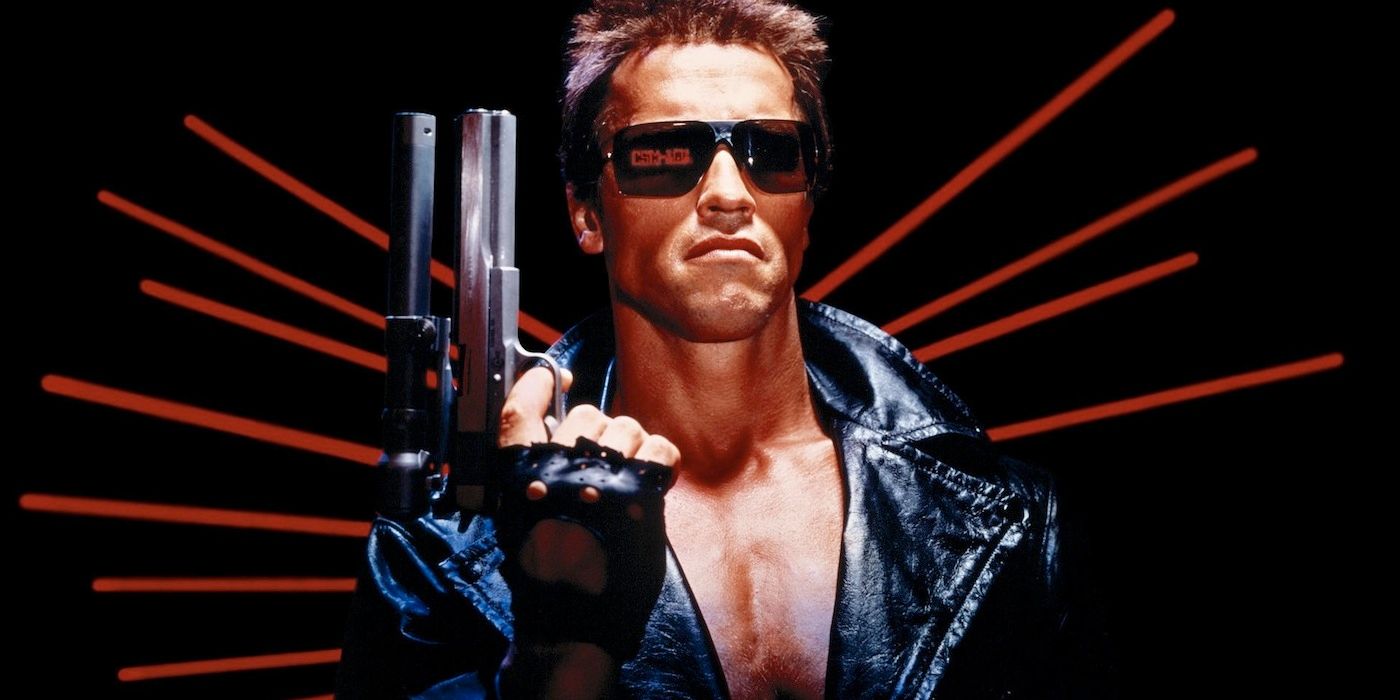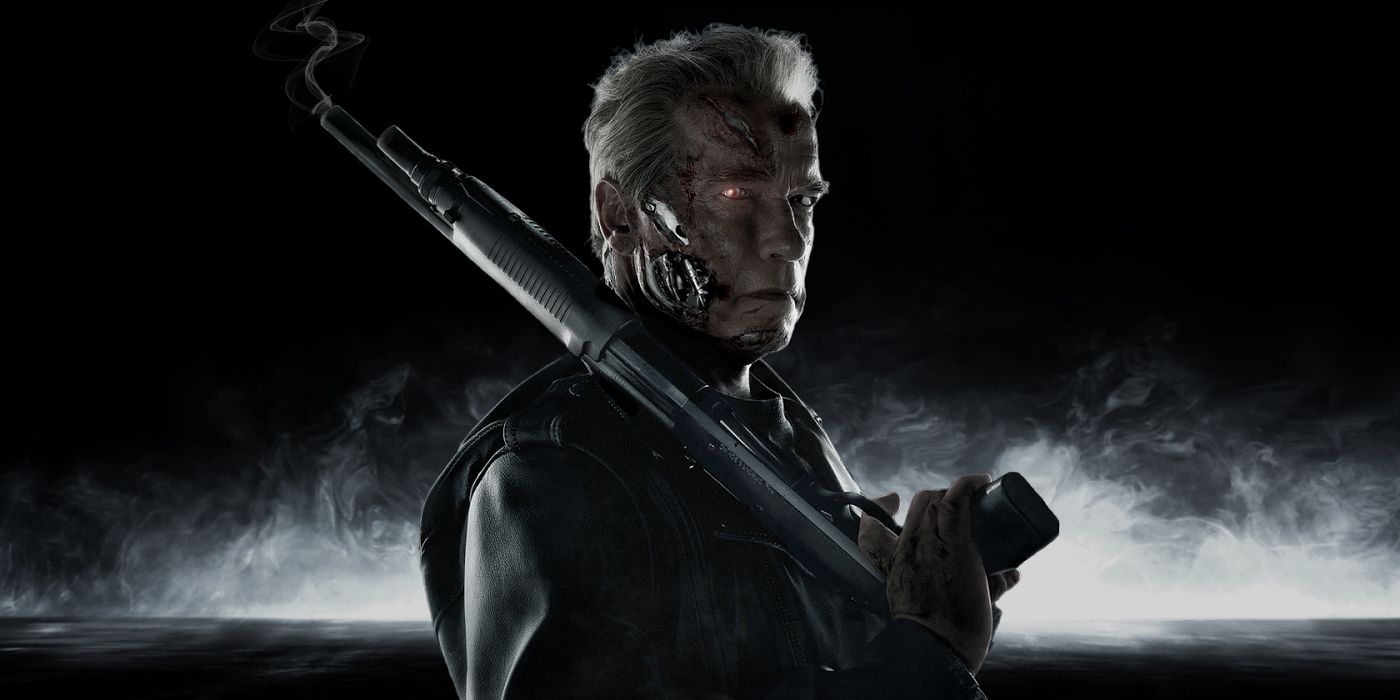James Cameron is undoubtedly one of the most successful directors in recent times. His name is attached to the two highest grossing movies of all-time in Avatar and Titanic, but be also directed Aliens - one of the best sequels of all-time in most people's eyes. Still, one of the other properties he is most known for and the one that kickstarted his career is Terminator. Cameron launched the franchise in 1984 and later followed it up in 1991 with Terminator 2: Judgement Day, but the franchise has stumbled without his guidance since then.
The three subsequent Terminator sequels have each failed to achieve the greatness that Cameron did with his installments, which is why he is eagerly awaiting for the rights to revert back to him in 2019. Recently, it was reported that he is in talks with Deadpool director Tim Miller to bring a new Terminator film to life in a few years; though after being burned many times before, some audiences may not want to see more from this franchise. Nonetheless, Cameron believes he can entice Terminator fans back because the franchise's themes continue to be extremely relevant.
The Daily Beast asked Cameron if he was upset with the way the Terminator series has been handled since he stepped away from it. While he sees the faults of the last three Terminator films, he feels he can bring it back to form by narrowing in the focus to the human vs technology story:
It hasn’t been hijacked. It’s really just stumbled along, trying to find its voice again. There’s probably some degree to where it’s lost relevance, you know? Maybe the things that made it good back then are kind of a yawn now. It’s easy to remember fondly the things that kick off a franchise. It’s hard to keep a franchise vigorous, and relevant. I haven’t had my hand on the tiller since Terminator 2, and that was 1991. So what’s that? Twenty-six years? But look, I think it’s possible to tell a great Terminator story now, and it’s relevant. We live in a digital age, and Terminator ultimately, if you can slow it down, is about our relationship with our own technology, and how our technology can reflect back to us—and in the movie, literally, in a human form that is a nemesis and a threat. But also in those movies, in the two that I did, it’s about how we dehumanize ourselves. In a time when people are being absorbed by their virtual-social world, I mean, just look around. I always say: if Terminator was about the war between the humans and the machines, look around any restaurant or airport lounge and tell me the machines haven’t won when every human you see is enslaved to their device. So could you make a relevant Terminator film now? Absolutely.
Our everyday lives are filled with technology more than ever before now, and it is likely to only continue to be that way. How Cameron directly connects the real-life experiences of many to the Terminator franchise remains to be seen, but it could work out for the best. The rise of virtual reality and people's online presence could be interesting ideas to explore within the Terminator franchise, but the inclusion of these topics is largely dependent on what time period the next installment takes place.
Cameron's Terminator 2 ends in the early 1990s, so he could very well jump ahead nearly 30 years to tell his new story. Whether that focuses on the Connor family or not, there is the potential for Cameron to make a great commentary on the modern day mentality and how our use of technology is the next stepping stone in the creation of the Terminators themselves. Regardless of how he plans to do it, his core concept does sound like a step in the right direction for the franchise, so maybe he can truly bring the Terminator franchise back to relevance.
NEXT: Why the Terminator Franchise Needs James Cameron
We'll bring you more information on the next Terminator film (aka. Terminator 6) as it becomes available.
Source: The Daily Beast


